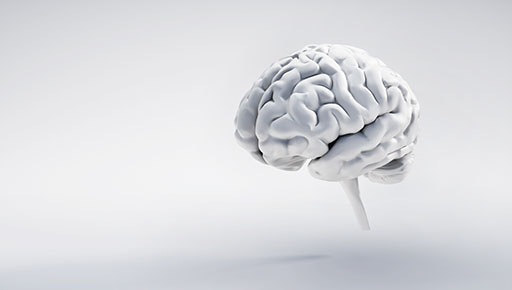1.4 Biological psychology
Biological psychologists look at the physiology of the human body and brain in order to answer questions about the behaviours we exhibit. They investigate how the central nervous system and hormones function to affect behaviour, and how different behaviours, such as drinking alcohol, taking drugs or exercising, can affect us both internally and externally in the behaviours we exhibit.
Biological psychologists also focus on neurological data and investigate the contribution of different brain areas, or communication between areas, to particular behaviours. In comparison to cognitive psychology, the biological approach to research has been around for many years.

In the last 30 years, biological approaches have become far more central to psychology because of the growth and availability of technology. In particular, functional magnetic resonance imaging (fMRI) examines blood flow to infer which areas of the brain are actively processing information during specific tasks.
